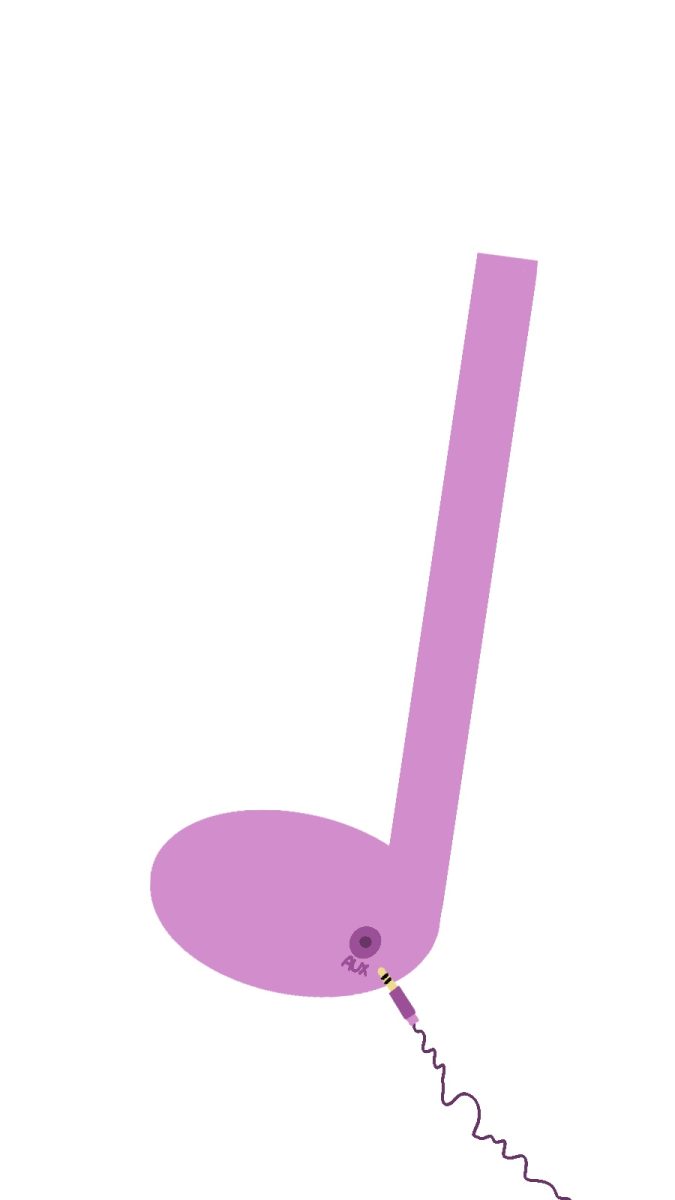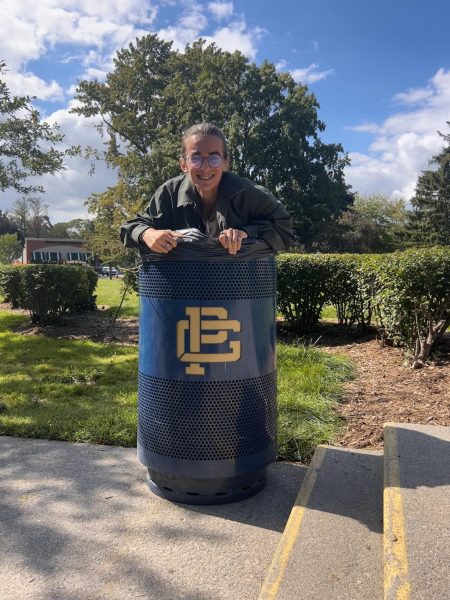At the very end of January, the licensing company behind the rights to many popular artists’ songs, including The Beatles, Taylor Swift, Depeche Mode, The Cranberries and Crazy Frog, had their music pulled from the popular social media platform TikTok after a rights dispute.
Universal Music Group (UMG) is the market leader throughout music companies, owning Interscope Records, Capitol Music Group, Republic Records and many other record companies, making it the largest music parent company in the world. It owns approximately 32 percent of the rights behind musical artists’ songs. According to Legal Fellow Ellen Goodrich of the Student Press Law Center, this is inherently a bad thing.
“If a label comes to you and says ‘Hey, we’ll give you a contract, but you have no control over what movies we are going to put your music in,’ you’d likely sign that contract,” Goodrich said. “If you are a relatively new musician without many connections, you have basically no bargaining power.”
Many students at South agree with Goodrich’s sentiment, like music-lover Albert Allotta ’25, who finds the power UMG holds over the heads of music artists to be unfair.
“Managers and labels are important to structure the industry behind the scenes,” Allotta said. “But UMG [is] more controlling of [the] art than the people who actually made it.”
Platforms like TikTok have proven themselves essential to the livelihood of artists and the promotion of their music. Many artists have gained fame and exposure from viral songs on social media.
“The ones that will see the most decline are UMG artists who use the platform to find fans,” Goodrich said. “The real benefit of having your music on TikTok is exposure.”
According to Forbes, music streaming services like Spotify generate 9 billion dollars a year while TikTok made closer to $400 billion, a far cry from Spotify’s potential. Tristan Wininger ’26 believes the bulk of the value from TikTok comes from the advertisement perspective.
“[TikTok] is a platform like any other, and you can use it to express yourself. You can use it to get popular,” Wininger said. “Now it’s been taken away from them, and that’s not fair.”
However, some disagree, claiming that regardless of UMG’s removal of music on TikTok, listeners will still be able to find their favorite artists and new artists at that. Despite all the measures made by UMG to remove popular music from one of the largest social media platforms in the world, music and people’s attempts to find it will prevail.
“It will hurt TikTok and UMG more than smaller [or] independent artists,” Allotta said. “Music will find a way to reach people.”












































































